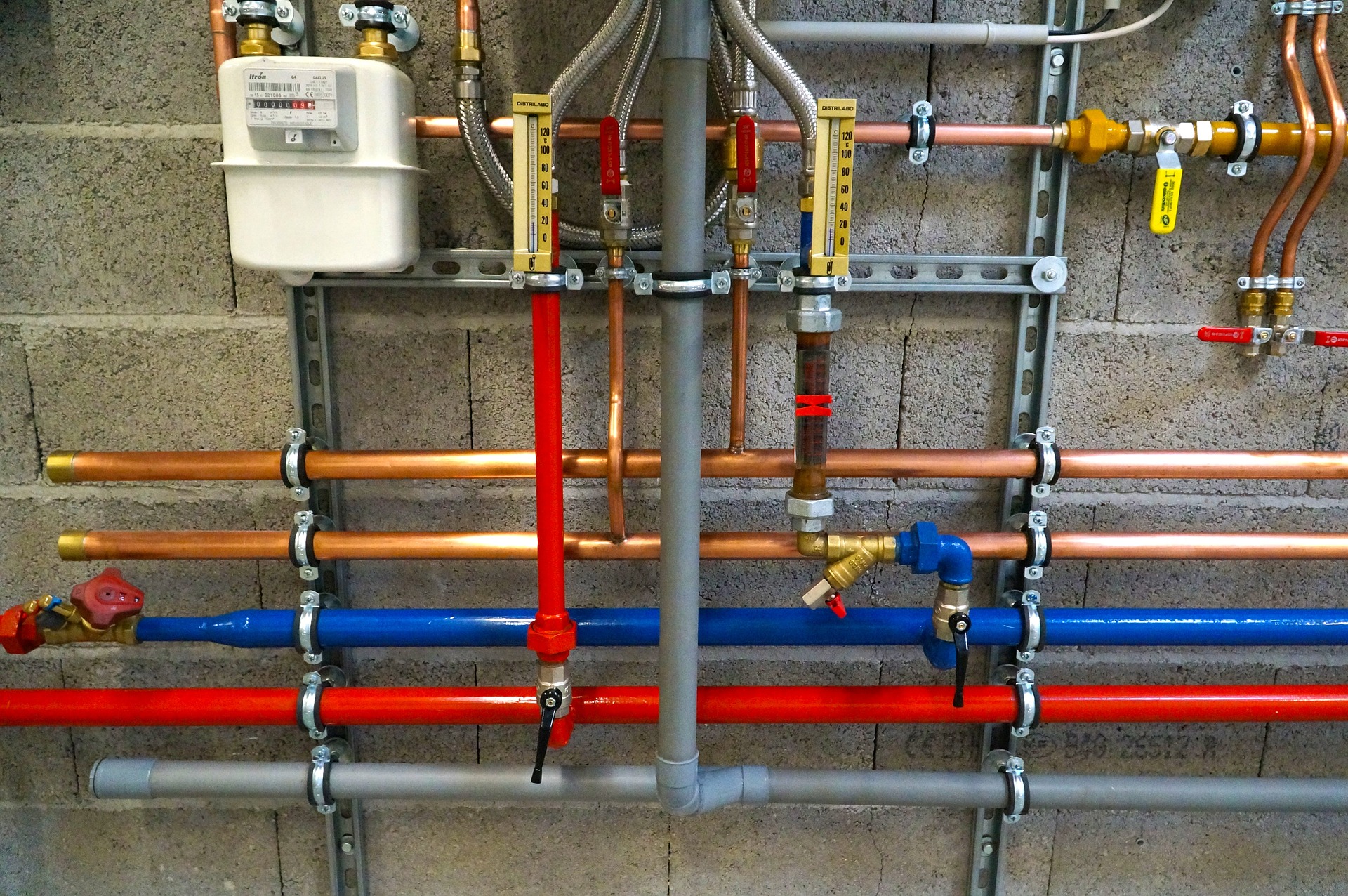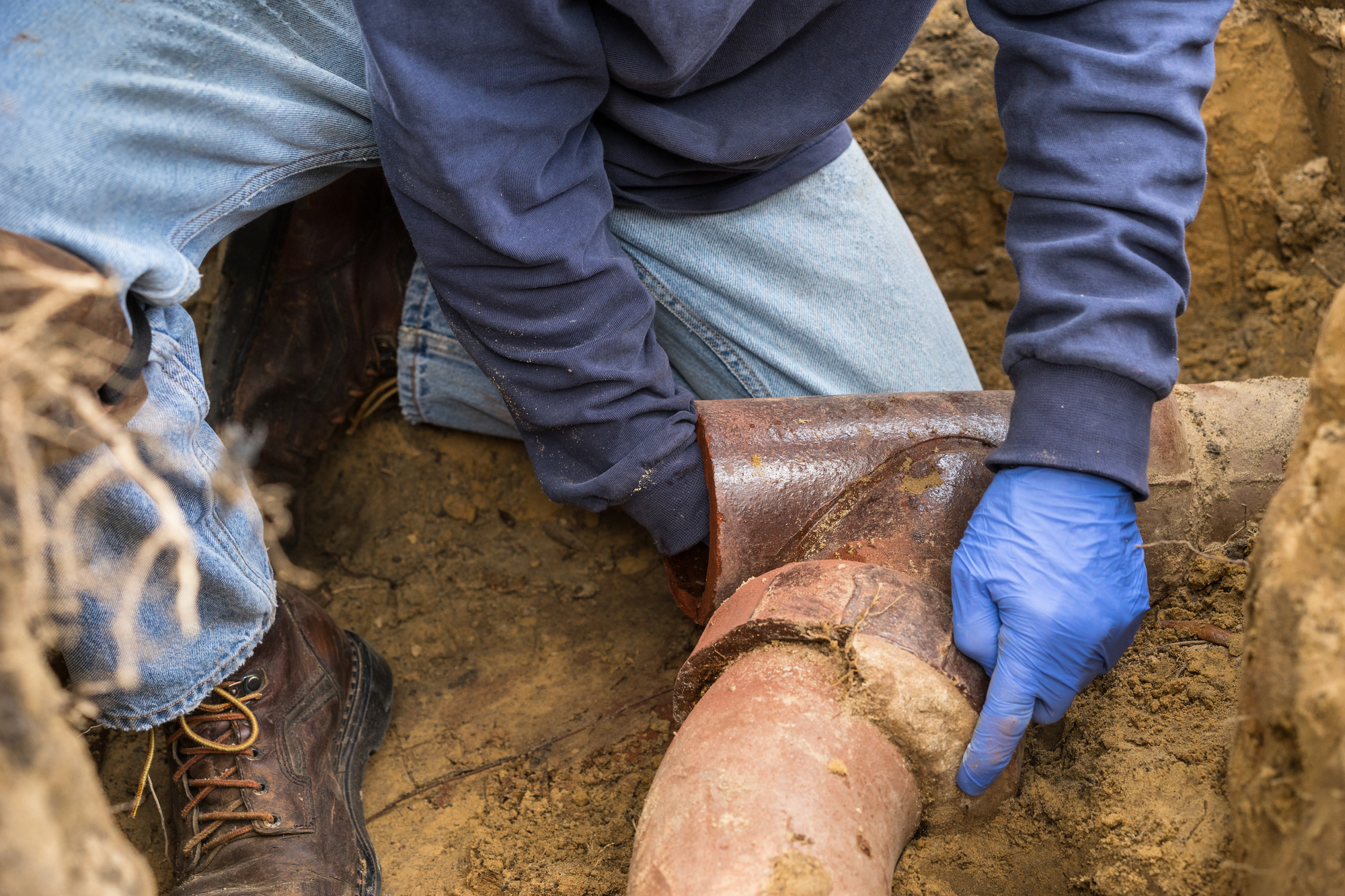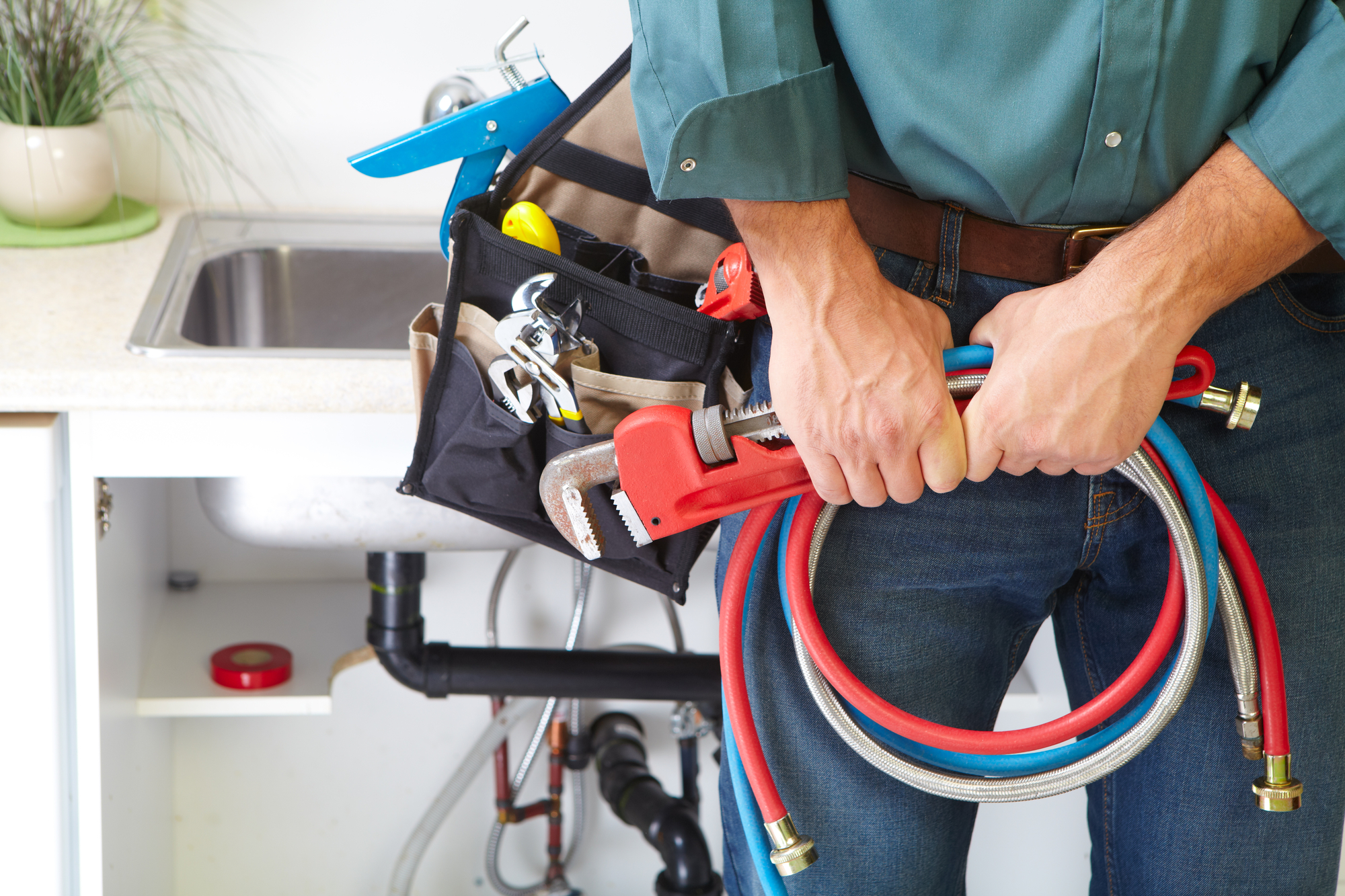Winter can be harsh for residents in areas with low temperatures, especially when it comes to plumbing. Frozen pipes are a common problem during the winter months and can cause severe damage to your plumbing system, resulting in costly repairs. In this blog post, we will provide tips on how to prevent frozen pipes during winter and keep your plumbing system intact.
1. Keep Your Home Warm
The first step to preventing frozen pipes during winter is to ensure that your home is warm enough. The ideal temperature range to keep pipes from freezing is between 50 and 60 degrees Fahrenheit. Open cabinet doors under sinks to allow warm air to circulate around the pipes. If you’re planning to go out for an extended period, maintain the temperature inside your home to avoid freezing pipes.
2. Insulate Your Pipes

Another effective way to prevent frozen pipes is to insulate them with pipe insulation. Insulation helps to keep the heat inside your pipes, lowering the chances of freezing. Insulation is especially important for pipes located in unheated areas such as attics, basements, and crawl spaces.
3. Fix Any Leaks or Drips
It’s essential to fix any leaks or drips because they can cause the water to freeze, resulting in frozen pipes. Check all faucets, valves, and pipes periodically for leaks and drips and repair them as soon as possible.
4. Let the Faucet Drip
Allowing your faucets to drip can help to prevent frozen pipes. Flowing water generates heat inside the pipes, which can help to keep them warm. Even if the water comes out slowly, it’s enough to prevent a blockage and minimize the chances of freezing.

5. Disconnect and Drain Outdoor Hoses and Faucets
Outdoor hoses and faucets are particularly vulnerable to freezing during winter. Disconnect and drain them before the temperature drops below freezing to prevent ice from forming inside the pipes. Likewise, consider using an outdoor faucet cover to keep the faucet head insulated from outside cold temperatures.
6. Use Heat Tape
Heat tape is an electrical device used to heat pipes. When applied correctly, heat tape can prevent pipes from freezing during winter. It’s essential to ensure that you follow the manufacturer’s instructions on how to use the heat tape correctly.
Conclusion:
Frozen pipes can cause considerable damage to your plumbing system, resulting in expensive repairs. The good news is that you can prevent this from happening by following the above tips. Keeping your home warm, insulating your pipes, fixing any leaks or drips, letting the faucet drip, disconnecting and draining outdoor hoses, and using heat tape are some of the most effective ways to prevent frozen pipes. Remember to take necessary precautions during winter to avoid any plumbing issues and keep your home safe and comfortable. For more plumbing tips or assistance, please visit our website aceplumbingrepair.com or call our plumbing experts at (844) 711-1590.






